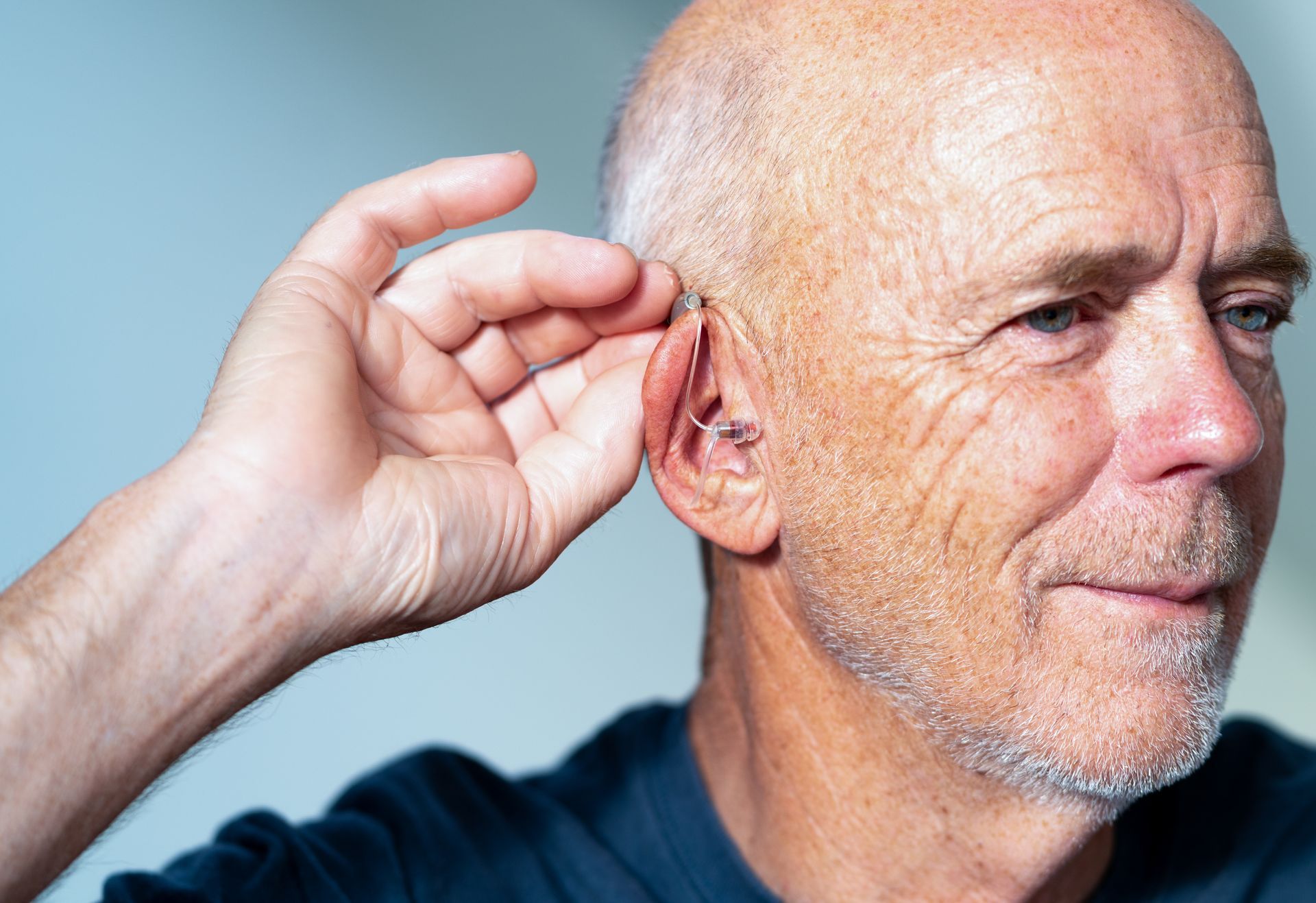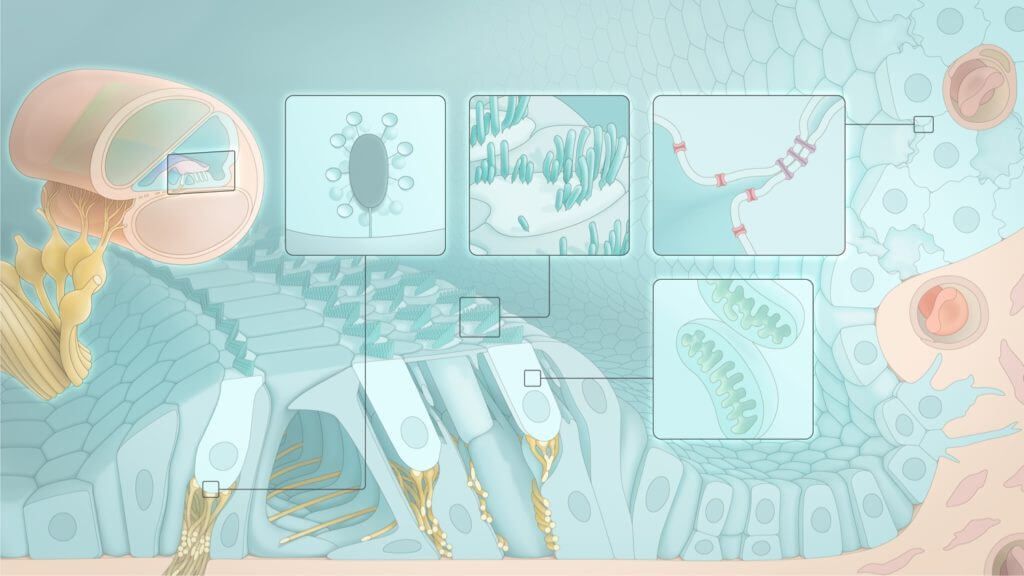Is There a Connection Between Vaping and Hearing Loss?
Cigarette smoke has been established as a contributor to hearing loss. With many individuals moving to vaping as a substitute for smoking cigarettes, it raises the question of whether vaping has similar effects on hearing loss. There is currently no conclusive evidence linking vaping directly to hearing loss, but there are still harmful effects that could negatively impact your overall health.
If you have questions about how you can continue to hear your coffee dates at Black Letter Coffee & Café, contact your hearing specialist.
Potentially Harmful Substances
According to a 2022 study, persistent smoking was associated with worse audiometric hearing and speech-in-noise perception. Vaping has been established as having negative health impacts as well, increasing interest in restricting usage and cautioning against the recommendation to switch to vaping from smoking cigarettes.
There are potential ways vaping could negatively impact your overall health to the detriment of your hearing.
- Nicotine is a highly addictive substance and one of the most toxic of all poisons. It increases blood pressure and pulse rate and tightens blood vessels. The inner ear is extremely sensitive to blood flow, with the potential for damaging the inner ear hair cells that translate sound vibrations to the brain. Not all vapes include nicotine, but the ones that do often have unregulated amounts.
- Vape juice often contains an ototoxic chemical called propylene glycol. Ototoxic chemicals are chemicals that affect hearing or balance. In the study, the chemical was applied topically and was determined to affect hearing. According to the FDA, vape juice contains several toxic chemicals, and there is little known about the harmful effects of heating them, as happens with vape aerosol.
- A British study determined the human auditory system continues to adapt to environmental cues into adulthood, meaning the auditory systems of teens could potentially be vulnerable to toxins such as nicotine.
More studies are needed to determine a direct correlation between vaping and hearing loss specifically. However, vaping exposes the body to harmful chemicals that impact overall well-being.
If you have questions about how smoking or vaping may impact your health, schedule an appointment with your doctor. To schedule a hearing test, contact Center For Hearing.
- Understanding Infant Hearing Loss
- The Relationship Between Exercise and Hearing Loss
- Muffled Hearing: Common Causes and Solutions



